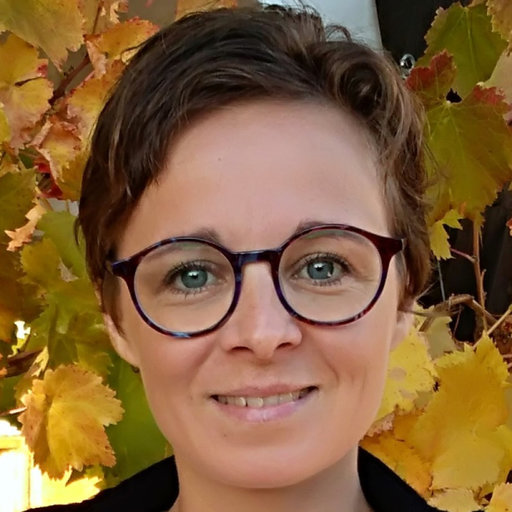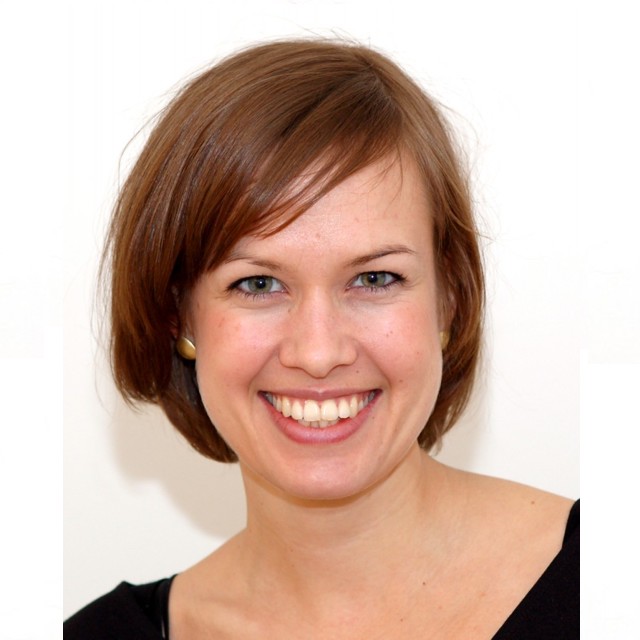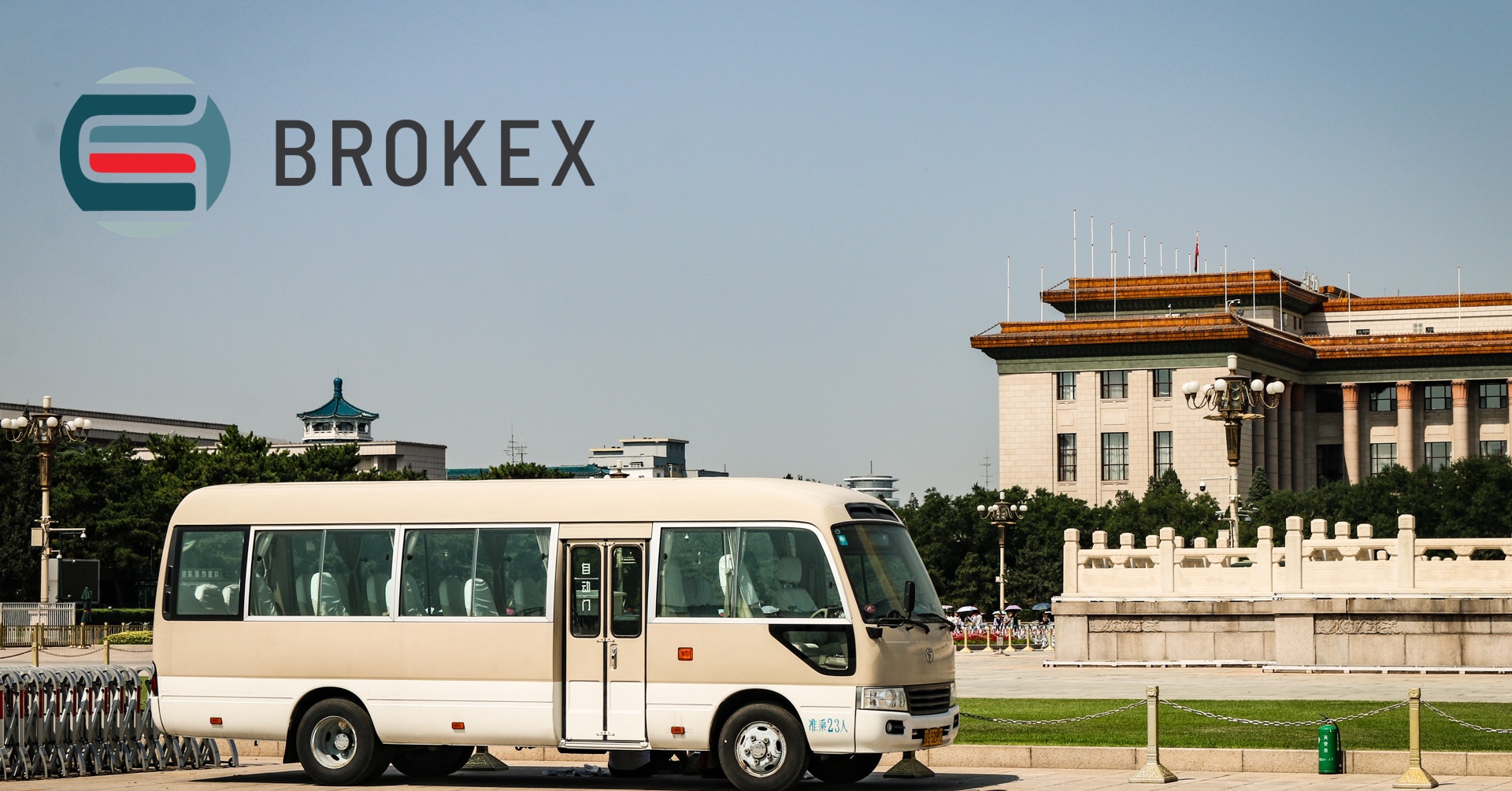International time: 21:00 Beijing, 15:00 Oslo, 09:00 (AM) Washington DC.
 Julia Marinaccio's book Linking Theory with Practice? Cadre Training and Environmental Governance in China point to cadre training as a critical instrument to steer local political action and expedite a change of values at the party-state level. The book unpicks the complex and multi-layered structures of China's cadre training system, and offers a new perspective on its function within China's political system.
Julia Marinaccio's book Linking Theory with Practice? Cadre Training and Environmental Governance in China point to cadre training as a critical instrument to steer local political action and expedite a change of values at the party-state level. The book unpicks the complex and multi-layered structures of China's cadre training system, and offers a new perspective on its function within China's political system.
Yunyun Zhou will present her book project on communist women cadres' political encounters in China's local party-state. The book illustrates the process of how the 'ruled' are transformed into the 'rulers' in everyday practices of China's post-socialist governance. Discussions about the function of authoritarian state power through the political formation of communist cadres are central to the book.
Julia Marinaccio
 Postdoctoral Fellow at the Department of Foreign Languages, University of Bergen. Dr Marinaccio's research explores ideology and regime politics in China, China's environmental governance and resource management, as well as Mainland-Taiwan relations.
Postdoctoral Fellow at the Department of Foreign Languages, University of Bergen. Dr Marinaccio's research explores ideology and regime politics in China, China's environmental governance and resource management, as well as Mainland-Taiwan relations.
Yunyun Zhou
 Senior Lecturer in China Studies, University of Oslo. She holds a PhD in Contemporary Chinese Studies at the University of Oxford. Dr Zhou's work is fieldwork-based and at the intersection of political sociology, gender studies and cultural studies.
Senior Lecturer in China Studies, University of Oslo. She holds a PhD in Contemporary Chinese Studies at the University of Oxford. Dr Zhou's work is fieldwork-based and at the intersection of political sociology, gender studies and cultural studies.
Hedda Flatø
 Researcher at Fafo. Dr Flatø holds a PhD from the University of Oslo, and is currently undertaking research on China, emerging economies, and global health at Fafo, an independent social science research foundation based in Oslo. She will chair this seminar.
Researcher at Fafo. Dr Flatø holds a PhD from the University of Oslo, and is currently undertaking research on China, emerging economies, and global health at Fafo, an independent social science research foundation based in Oslo. She will chair this seminar.
Heidi Østbø Haugen
The seminar series is hosted by Heidi Østbø Haugen, professor of China Studies at the Department of Culture Studies and Oriental Languages. She heads the ERC-funded project Brokering China’s Extraversion: An Ethnographic Analysis of Transnational Arbitration (Brokex).
Other Events in the BROKEX Spring 2022 Seminar Series
China´s International Relations: South-South Perspectives
Date and time: 10 February 2022. 22:00 (Beijing), 15:00 (Oslo), 09:00 (EST). Sign-up.
Dawn Murphy: China's Rise in the Global South: The Middle East, Africa, and Beijing's Alternative World Order
Adam Grydehøj and Ping Su: China and the Pursuit of Harmony in World Politics: Understanding Chinese International Relations Theory
Discussant: Zeno Leoni
100 Years of Communism with Chinese Characteristics
Date and time: 3 March 2022. 23:00 (Beijing), 16:00 (Oslo), 10:00 (EST). Sign-up.
Tony Saich: From Rebel to Ruler: One Hundred Years of the Chinese Communist Party
Bruce Dickson: The Party and the People: Chinese Politics in the 21st Century
Timothy Cheek: The Chinese Communist Party: A Century in Ten Lives
Discussant: Rebekka Åsnes Sagild
China´s Restless Young Women: Negotiating Gender, Class, and National Identities
Date and time: 6 April 2022. 17:00 (Beijing), 11:00 (Oslo), 05:00 (EST). Sign-up.
Fran Martin: Dreams of Flight: The Lives of Chinese Women Students in the West
Kailing Xie: Embodying Middle Class Gender Aspirations: Perspectives from China's Privileged Young Women
Discussant: Mimi Lau
Organiser
The seminar is organised by Siv H. Oftedal and Kristian Sløgedal, as part of the project Brokering China’s Extraversion: An Ethnographic Analysis of Transnational Arbitration (Brokex). The project has received funding from the European Research Council (ERC) under the European Union’s Horizon 2020 research and innovation programme (grant agreement No 802070) and the Research Council of Norway (project ID 275002).

